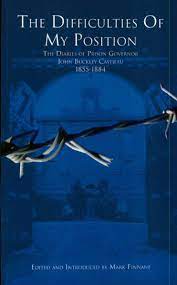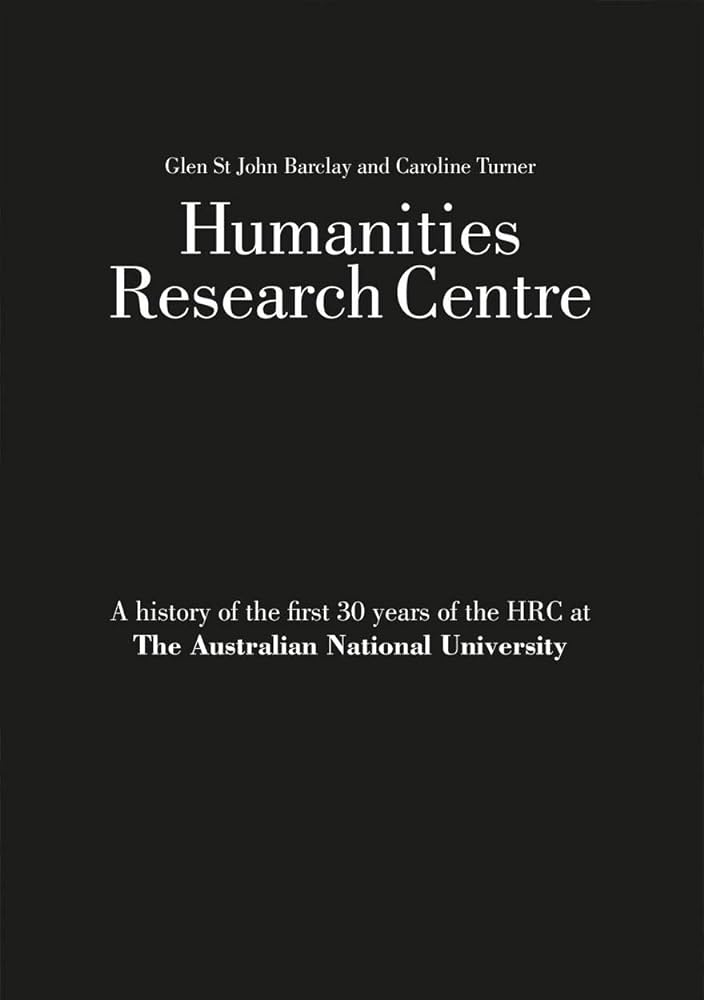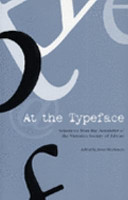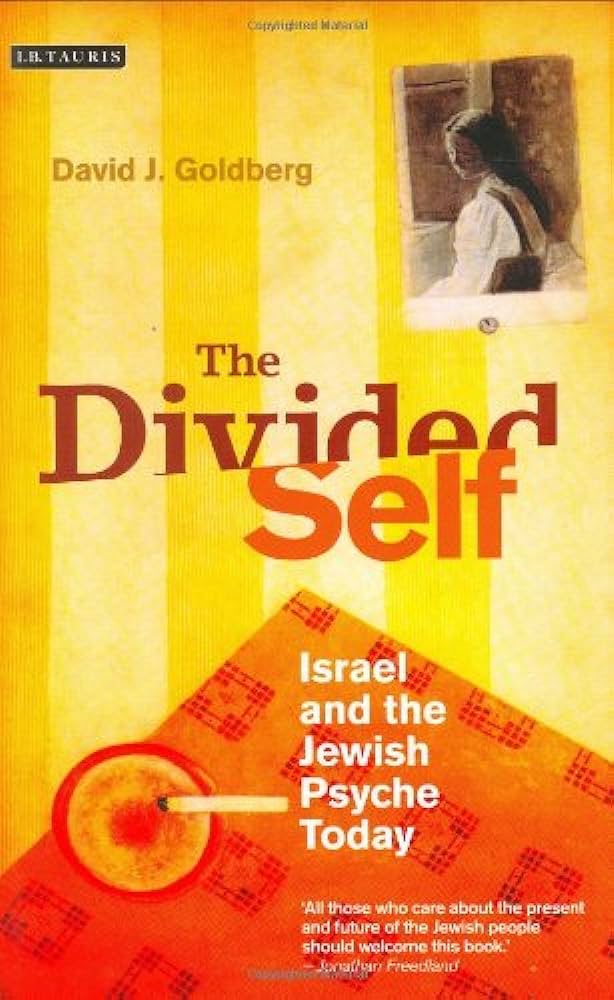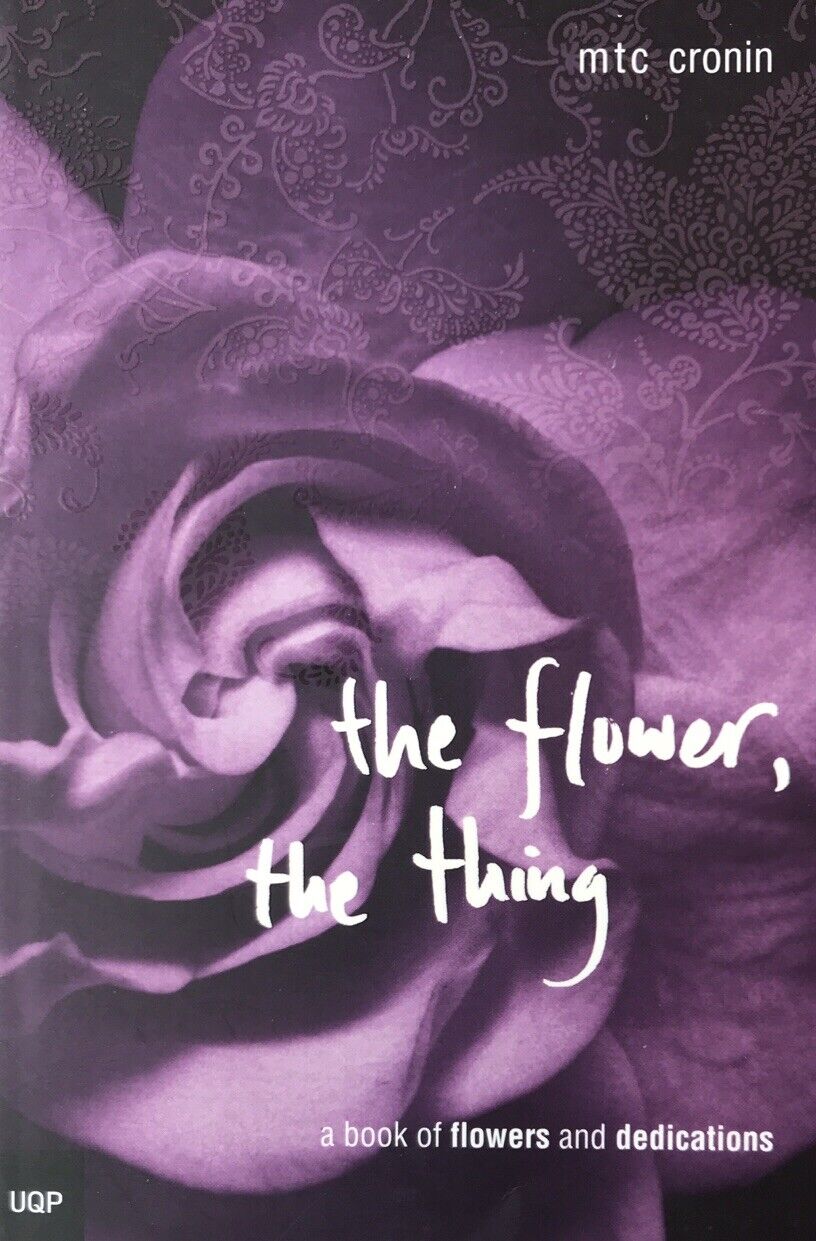Archive
Film | Theatre | Art | Opera | Music | Television | Festivals
Welcome to ABR Arts, home to some of Australia's best arts journalism. We review film, theatre, opera, music, television, art exhibitions – and more. To read ABR Arts articles in full, subscribe to ABR or take out an ABR Arts subscription. Both packages give full access to our arts reviews the moment they are published online and to our extensive arts archive.
Meanwhile, the ABR Arts e-newsletter, published every second Tuesday, will keep you up-to-date as to our recent arts reviews.
Recent reviews
The Maestro’s Table: Food, talk and convivio by Judith Armstrong
by Gay Bilson •
The History of The Times: Volume vii: the Murdoch years by Graham Stewart
by Gideon Haigh •
Antipodes: The North American journal of Australian literature, Vol. 19, No. 2 by Nicholas Birns
by Melinda Harvey •
The Difficulties of My Position: The diaries of prison governor John Buckley Castieau 1855–1884 by Mark Finnane
by Laurie Hergenhan •
Humanities Research Centre: The history of the first 30 years of the HRC at the Australian National University by Glen St John Barclay and Caroline Turner
by Jay Daniel Thompson •
At the Typeface: Selections from the newsletter of the Victorian society of editors by Janet Mackenzie
by Aviva Tuffield •
The Divided Self: Israel and the Jewish psyche today by David J. Goldberg
by Geoffrey Levey •
The Flower, The Thing by M.T.C. Cronin & The Last Tourist by Jane Williams
by Rose Lucas •





